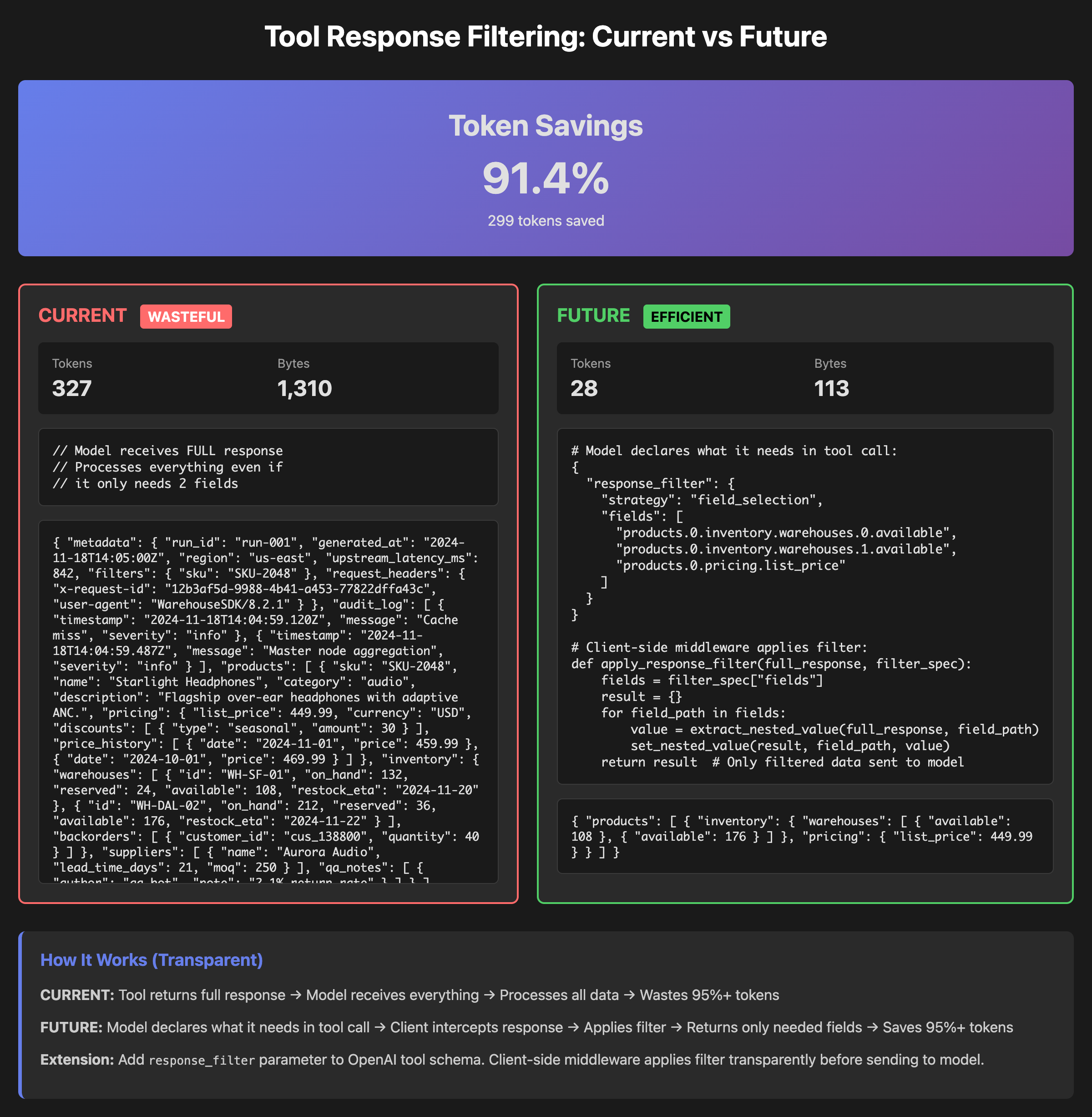Introduction to Indonesia’s AI-Led Growth
Indonesia’s push into AI-led growth is gaining momentum as more local organisations look for ways to build their own applications, update their systems, and strengthen data oversight. The country now has broader access to cloud and AI tools after Microsoft expanded the services available in the Indonesia Central cloud region, which first went live six months ago. The expansion gives businesses, public bodies, and developers more options to run AI workloads inside the country instead of overseas data centres.
The Cloud & AI Innovation Summit
The update was shared at the Cloud & AI Innovation Summit in Jakarta, where business and government leaders met to discuss how Indonesia can advance its AI ambitions. Speakers included Mike Chan, who leads Azure AI Apps & Agents in Asia, and Dharma Simorangkir, President Director of Microsoft Indonesia. Their message was that local capacity is only useful if organisations put it to work.
A Shift Toward Building, Not Just Adopting
Many Indonesian enterprises are moving beyond basic AI trials and are now designing tools that solve problems unique to their operations. Microsoft describes these kinds of organisations as Frontier Firms – teams that treat AI as a core part of how they work rather than an optional add-on. The firms tend to focus on building applications that make tasks easier for customers, improve internal processes, or modernise old workflows.
New Services and Tools
To support this shift, the Indonesia Central region now hosts a range of Azure services that help teams design and deploy software. They include tools for building data-connected applications, services for storing and managing structured data, and a set of AI-ready virtual machines that can train and run advanced models. Machines built for heavy computing work allow teams to keep data inside the country while working with complex AI workloads.
Early Microsoft Cloud Projects Emerging in Indonesia
The expansion of the region follows steady demand since its launch in May 2025. Companies in mining, travel, and digital services are already using local cloud infrastructure to refresh legacy systems and meet stricter data governance needs. Petrosea and Vale Indonesia are among the firms using the region to support technical upgrades and secure local data storage. Digital-first players are also experimenting with more direct AI engagement. One example is tiket.com, which built its own AI travel assistant using the Azure OpenAI Service.
Bringing Scattered Data into One System
A major theme at the summit was the need to get data in order before adopting AI at scale. To support this, Microsoft introduced Microsoft Fabric to the Indonesian market. Fabric is a single environment that brings together data engineering, integration, warehousing, analytics, and business intelligence. It includes Copilot features that help teams prepare data and build insights without juggling multiple tools.
Preparing Indonesia’s Workforce for Practical AI
The day’s focus was not limited to infrastructure. Microsoft also highlighted its AI training program, Microsoft Elevate, which is now entering its second year. The programme has already reached more than 1.2 million learners and aims to certify 500,000 people in AI skills by 2026. The next phase will focus on hands-on use, encouraging participants to apply AI in real settings rather than only learning concepts in theory.
Building a Long-Term Ecosystem
Such efforts sit in a broader commitment of US$1.7 billion that Microsoft has pledged for Indonesia from 2024 to 2028. The investment spans infrastructure, partner support, and talent development. The company is also preparing to host GitHub Universe Jakarta on 3 December 2025, a developer-focused gathering meant to encourage collaboration among software teams, startups, and researchers.
Conclusion
Indonesia is aiming to position itself as a centre for secure and inclusive AI development in the region. With the expansion of the Indonesia Central cloud region, new data and AI tools, and growing attention on workforce training, the country is taking steps to build the foundations needed for long-term digital growth. Companies now have the option to build AI systems closer to home, developers have more resources, and workers have more pathways to gain practical skills.
FAQs
- What is the main goal of Indonesia’s AI-led growth initiative?
The main goal is to build the foundations needed for long-term digital growth and position Indonesia as a centre for secure and inclusive AI development in the region. - What is Microsoft’s role in Indonesia’s AI-led growth?
Microsoft is providing cloud and AI tools, investing in infrastructure, partner support, and talent development, and offering training programs to help Indonesia achieve its AI ambitions. - What is Microsoft Fabric and how does it help organisations?
Microsoft Fabric is a single environment that brings together data engineering, integration, warehousing, analytics, and business intelligence, helping organisations to get their data in order and prepare for AI adoption. - What is the goal of Microsoft’s AI training program, Microsoft Elevate?
The goal of Microsoft Elevate is to certify 500,000 people in AI skills by 2026 and encourage hands-on use of AI in real settings.











